Foods That Help or Hurt Tummy Cramps

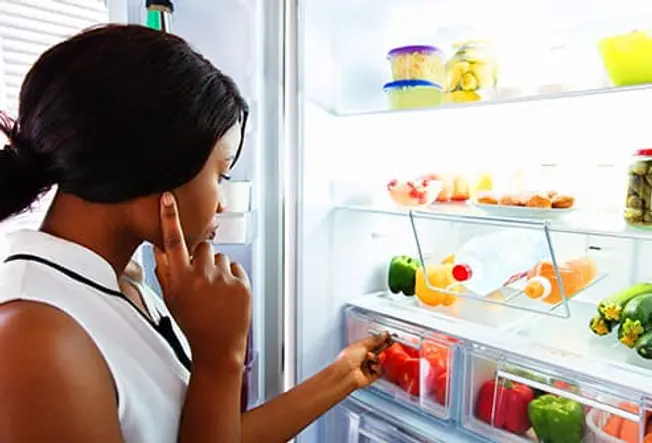
Foods for Relief
When you have cramps, chances are you want relief fast. Turns out, what you put on your plate can make a big difference in how you feel. The right foods and drinks may help ease the pain, but others can make it worse.
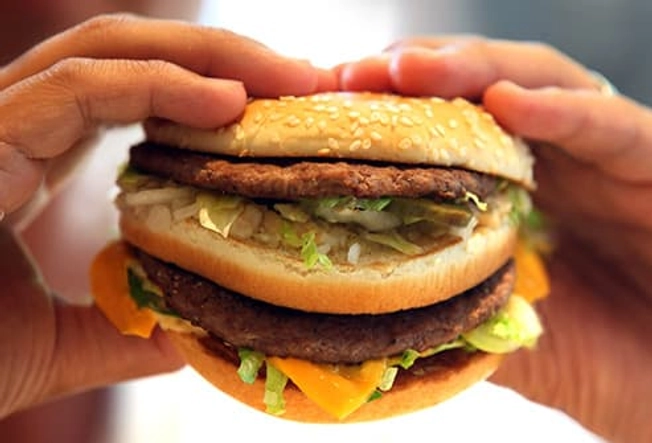
Foods That Hurt: Greasy Foods
If you have stomach pain, pass on the cheeseburger and fries. Fat takes longer for your body to digest, and it may make your intestines tighten up and cause cramps. High-fat foods may also make irritable bowel syndrome (IBS) worse. That’s a gut condition that affects as many as 1 in 6 people. It can cause bloating, pain, constipation, and diarrhea.

Foods That Hurt: Dairy Products
Too much dairy can trigger stomach cramps for some people. That’s because it has a type of sugar called lactose, and many people don’t make enough of the enzyme that digests it. That can cause stomach pain, bloating, and nausea within a couple of hours after eating. You may need to cut back on milk, cheese, or other dairy foods, or you can eat lactose-free versions or take an enzyme supplement.

Drinks That Hurt: Coffee and Tea
If you have stomach pain often, you may need to cut back on coffee, tea, and other caffeinated beverages. Caffeine acts as a diuretic, so you pee more often. Caffeine can also rev up your nerves and make your muscles tighten up. Both of those can set the stage for cramps.
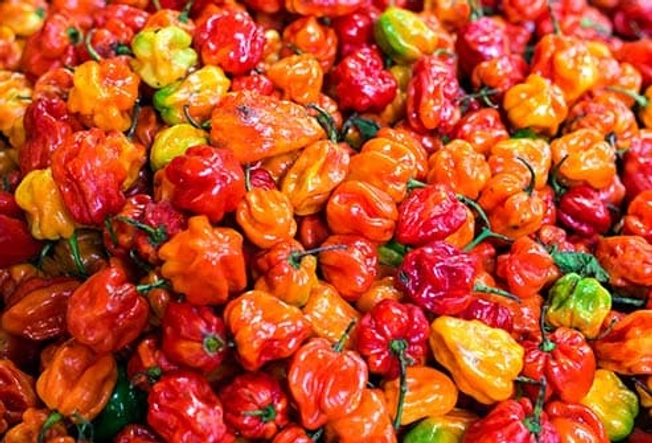
Foods That Hurt: Hot Peppers
For many people, spicy foods and an upset stomach don’t mix. Chili peppers have stuff called capsaicin. Not only does it make your mouth burn, but it may also turn on nerves in your gut and make your cramps worse. Case in point: Research shows that people with IBS had more pain after eating a spicy meal made with chili peppers.
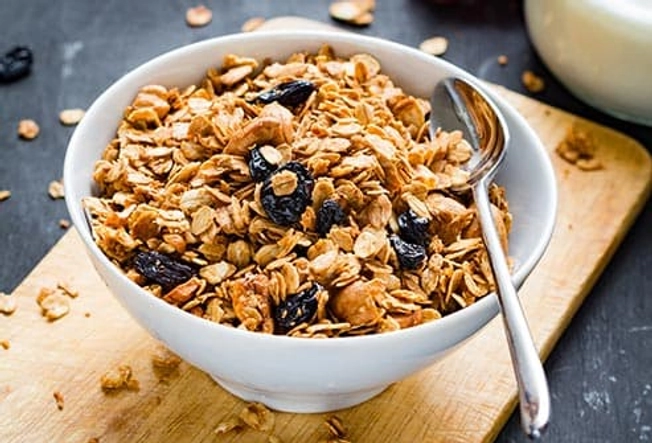
Food That Hurts: High-Fiber Cereal
A high-fiber diet is usually a good thing. It can help prevent weight gain, diabetes, and heart disease. But a sudden uptick can set off stomach cramps or make them worse. Your body needs time to get used to digesting the rough stuff. Add 3-5 grams of fiber a week to your diet until you reach the recommended 25-35 grams a day.
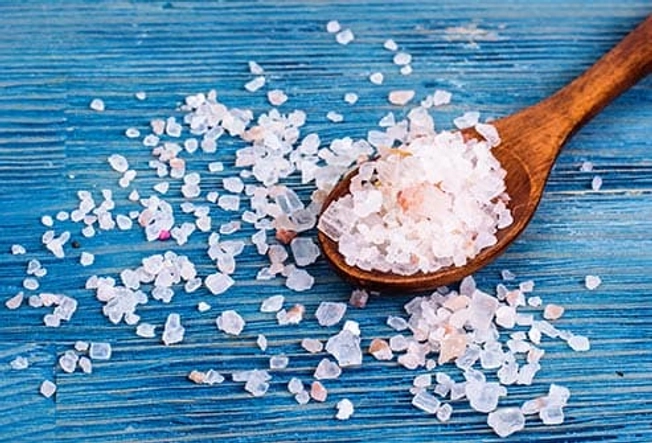
Foods That Hurt: High-Sodium Foods
Nine out of 10 Americans get too much salt. That can throw off the balance of electrolytes, which are minerals that help your muscles work the right way. When you have too much, your body may be more likely to cramp up. It can also make you bloated. Most of our sodium comes from store-bought and restaurant foods. Check labels at the grocery store for sodium, and cook at home more often.
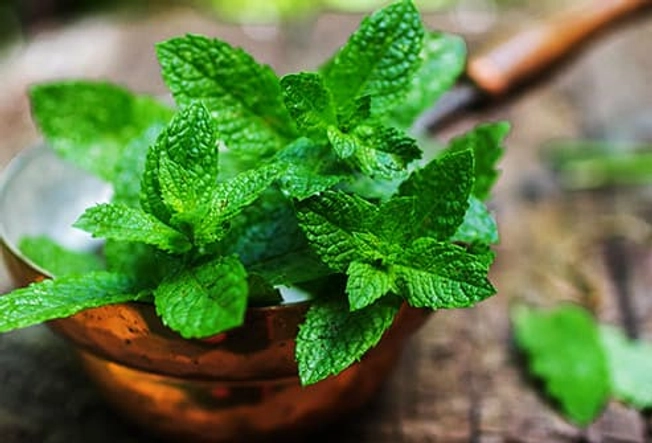
Food That Helps: Mint
Peppermint doesn’t just freshen your breath. According to one study, peppermint oil capsules helped with stomach pain and other symptoms in people with IBS. It’s OK to drink peppermint tea, but only the capsules have been shown to work. But skip it if you have heartburn, as peppermint can make that worse. Talk to your doctor before you start any supplements.
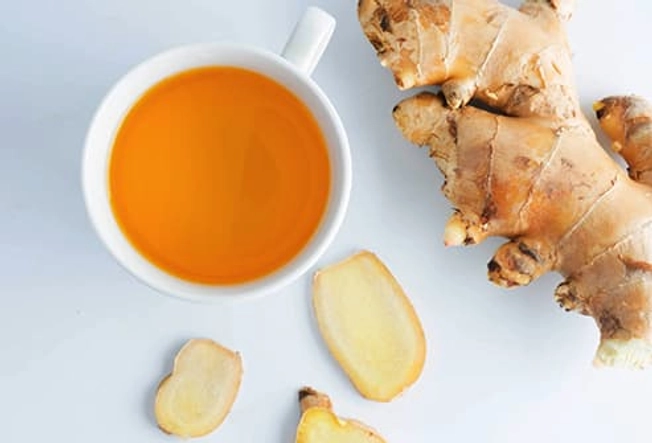
Food That Helps: Ginger
This plant root tamps down inflammation in the body. This may help ease stomach and menstrual cramps. Scientists found that taking a ginger supplement during the first 3-4 days of your period can lower menstrual pain. Add fresh or dried ginger to your stir-fries and sauces. Or brew a tea with fresh ginger.
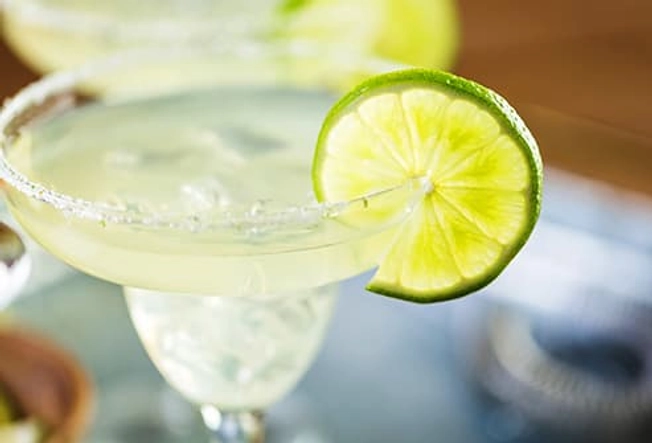
Drink That Hurts: Alcohol
If you have menstrual cramps, you may want to stay away from booze. That’s because alcohol can make the pain last longer. It’s a diuretic, so you pee more often. This can set the stage for dehydration, which can make cramps worse. Plus, too much alcohol can lower your blood sugar, so you may feel crankier than usual.
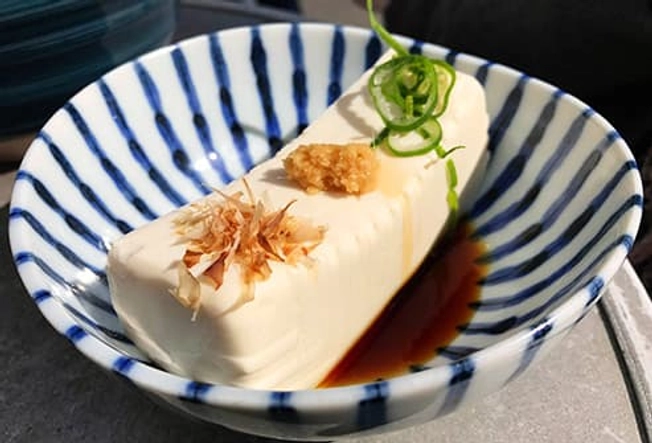
Food That Helps: Tofu
Research shows that calcium can ease menstrual pain. That may be because the mineral helps muscle cells work properly. Like milk, yogurt, and other dairy products, tofu packs lots of calcium. Half a cup of firm tofu has enough to meet a quarter of your daily needs. Other good sources include fortified orange juice and cereal.
IMAGES PROVIDED BY:
Thinkstock
SOURCES:
Jessica Crandall, RDN, spokesperson, Academy of Nutrition and Dietetics.
Academy of Nutrition and Dietetics: “What Is Fiber?”
American Family Physician: “Irritable Bowel Syndrome: Controlling Your Symptoms.”
American Heart Association: “9 out of 10 Americans Eat Too Much Sodium.”
Caspian Journal of Internal Medicine: “Comparison on the Effect of Fish Oil and Ibuprofen on Treatment of Severe Pain in Primary Dysmenorrhea.”
Digestive Diseases and Sciences: “A Novel Delivery System of Peppermint Oil Is an Effective Therapy for Irritable Bowel Syndrome Symptoms.”
Canadian Society of Intestinal Research: “Peppermint Oil and IBS Pain Relief.”
Herbal Medicine: Biomolecular and Clinical Aspects, 2nd edition: “The Amazing and Mighty Ginger.”
Johns Hopkins Medicine: “Dysmenorrhea.”
Mayo Clinic: “Muscle Cramp,” “Lactose Intolerance.”
Pain Medicine: “Effects of Calcium-Vitamin D and Calcium-Alone on Pain Intensity and Menstrual Blood Loss in Women with Primary Dysmenorrhea: A Randomized Controlled Trial.”
Neurogastroenterology & Motility: “Effects of Chili on Postprandial Gastrointestinal Symptoms in Diarrhoea Predominant Irritable Bowel Syndrome: Evidence for Capsaicin-Sensitive Visceral Nociception Hypersensitivity.”
National Institutes of Health: “Lactose Intolerance.”
Pain Medicine: “Efficacy of Ginger for Alleviating the Symptoms of Primary Dysmenorrhea: A Systematic Review and Meta-analysis of Randomized Clinical Trials.”
U.S. Department of Agriculture: “National Nutrient Database for Standard Reference,” “Dietary Guidelines for Americans.”
The American Journal of Gastroenterology: “American College of Gastroenterology Monograph on the Management of Irritable Bowel Syndrome and Chronic Idiopathic Constipation.”
The American Journal of Medicine: “Caffeine and Muscle Cramps: A Stimulating Connection.”